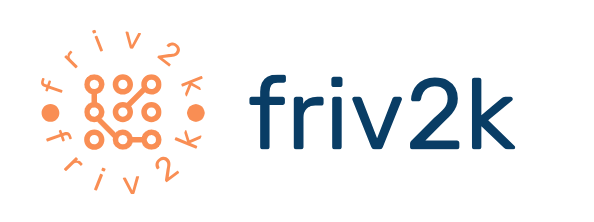Rectifying Corruption Issues in MyISAM Table in MySQL 5.0.22 Database
 MySQL is the most popular open-source database in the world. It has the distinction of being the only database that is used in every continent. Yes, even Antartica!!! The reasons for such popularity is its availability, performance, robustness, etc. It provides three types of database engines, MyISAM, InnoDB, and MySQL Archive. Out of these, the MyISAM table is the default table type. It is fast, simple, and allows full-text searching. Although it is reliable, it can become corrupt and, thus, inaccessible following a system crash. You should use appropriate corrective measures to repair MySQL database. However, if you are not able to do so then you should use a third-party MySQL recovery software to do so.
MySQL is the most popular open-source database in the world. It has the distinction of being the only database that is used in every continent. Yes, even Antartica!!! The reasons for such popularity is its availability, performance, robustness, etc. It provides three types of database engines, MyISAM, InnoDB, and MySQL Archive. Out of these, the MyISAM table is the default table type. It is fast, simple, and allows full-text searching. Although it is reliable, it can become corrupt and, thus, inaccessible following a system crash. You should use appropriate corrective measures to repair MySQL database. However, if you are not able to do so then you should use a third-party MySQL recovery software to do so.
Consider a scenario wherein you have MySQL 5.0.22 database running in your system. You use it for MediaWiki installation that is reported as corrupt. When you try to repair the table, the following error message is displayed:
“Key in wrong position at page 4096”
You, then, quit the database and stopped the mysql process in the Task Manager and executed the myisamchk – r and myisamchk – o commands. But you were unable to resolve the issue.
Cause
The root cause of this error message is that the MySQL database is corrupt.
Resolution
To resolve this erroneous situation, you should firstly create the backup of the corrupted database. Then, you should use the following methods to repair the MySQL database:
You should use the following REPAIR TABLE query to repair the corrupted MySQL repair table tablename use_frm;
If the REPAIR TABLE query does not repair the database, then you should check for the backup. If the backup is updated and clean, then you should restore the database from its backup.
The aforementioned methods should be able to resolve the issue. However, if the problem is still there then you should use a third-party mysql repair software to restore the corrupted database. Such read-only tools are able to repair MySQL database using fast yet sophisticated scanning algorithms.
